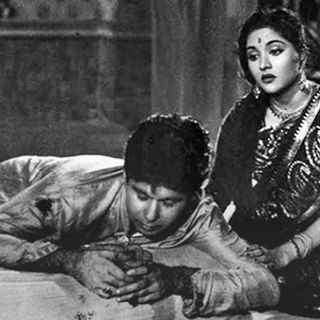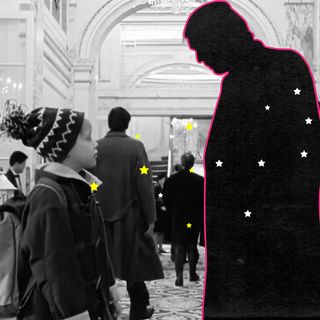On January 6, as supporters of U.S. President Donald Trump stormed the United States Capitol, Twitter commentary from all political leanings and backgrounds flooded in. People had a lot to say about the riots, but one thing that stuck out amid the noise was echoes of, “It’s just the first week, and things have already started going downhill.”
Such comments aren’t new. The year 2020, which went on to be universally christened as one of the worst in human history, also began with similar comments by mid-January. So what is it, exactly, that makes us feel like the new year will fix all our problems and be a magical fresh start? And why do we consistently feel like things become worse instead?
Humans are obsessed with the idea of a fresh start. The fresh start effect, as it has come to be known, is when people disassociate past events and performances from current ones. Thus, temporal landmarks — days that appear to be more meaningful than the others, such as a birthday or January 1 — act as a kind of mental reset button to help get us back on track and focused on our goals. They demarcate the passage of time and create new mental accounting periods, which relegate past imperfections to a previous period, induce people to take a big-picture view of their lives, and motivate aspirational behaviors. By making us feel more distant from our past failures, such dates seem to appear more effective in driving change.
“We tend to look for drastic changes in our lives before looking for smaller changes. These changes that we look for, thus, tend to be very external. In addition to that, we are conditioned to believe that making impactful changes need big events,” says psychologist Snehal Singh. “The enormity of the event makes us feel that the change we’re looking for externally would come to us just by the virtue of the event. But, in reality, that is not all how it works. Our problems, in fact, happen to be more structural than we realize.”
Related on The Swaddle:
The ‘Spotlight Effect’ Is When You Think People Are Noticing Your Flaws More Than They Really Are
In the face of the coronavirus pandemic this year, the systemic wrongs of society — poverty, racism, casteism, unemployment, and so on — became more blatant and obvious. But to associate these problems with the year 2020 is misguided; these problems have existed for much, much longer and thus wouldn’t have simply ended along with the year. In fact, making long-term issues like the pandemic a ‘2020 problem’ has only led people to experience substantially more disappointment when they woke up on January 1st — because nothing had changed.
“We look for change externally — on the surface, that is — because it is easier,” adds Singh. “But until we look deeper into it, waiting for changes is pointless. The only way we can bring changes is if we actively work towards changing our thinking patterns and taking steps to tackle the things that we feel bother us.”
Thus, when our expectations aren’t met immediately in the new year, we end up feeling much worse and the entire year ends up feeling like it’s become useless already, joining the rank of other wasted years.
Further, such thinking is accompanied by a rose-colored lens for the past, which makes the now, and the future, seem worse. Nostalgia bias, or the golden filter with which we wash our memories, is a psychological phenomenon wherein people sometimes judge the past with disproportionately more positivity than they judge the present; the past seems like an era we have regressed from. So, despite the fact that all problems of the present also existed in the past — perhaps even more gravely — it is only the present that feels like an impossible mess.
The truth is things haven’t been becoming worse — at least not on such a mammoth scale. They were already bad. We simply notice bad things more in the present than we remember noticing them in the past. The world remains the same, even in a new year, because the world and its events don’t function according to human calendars.




